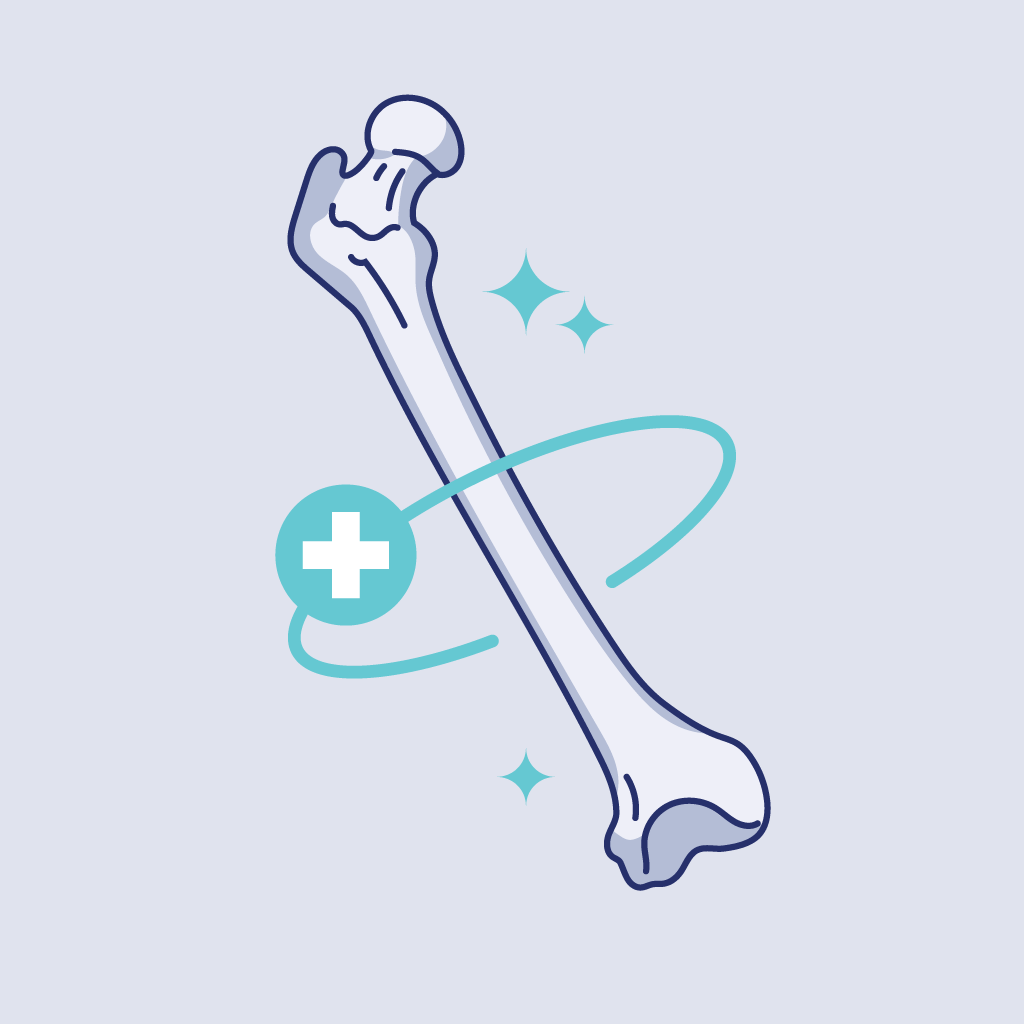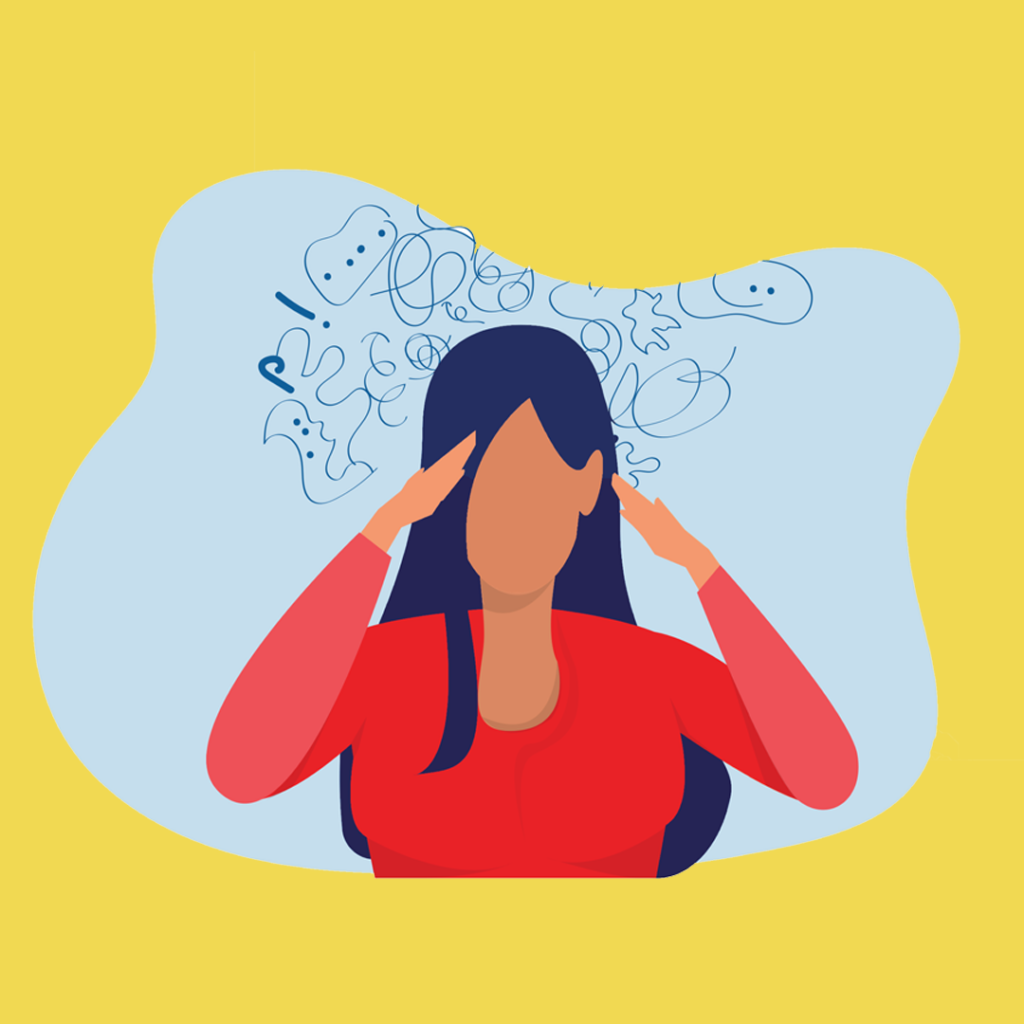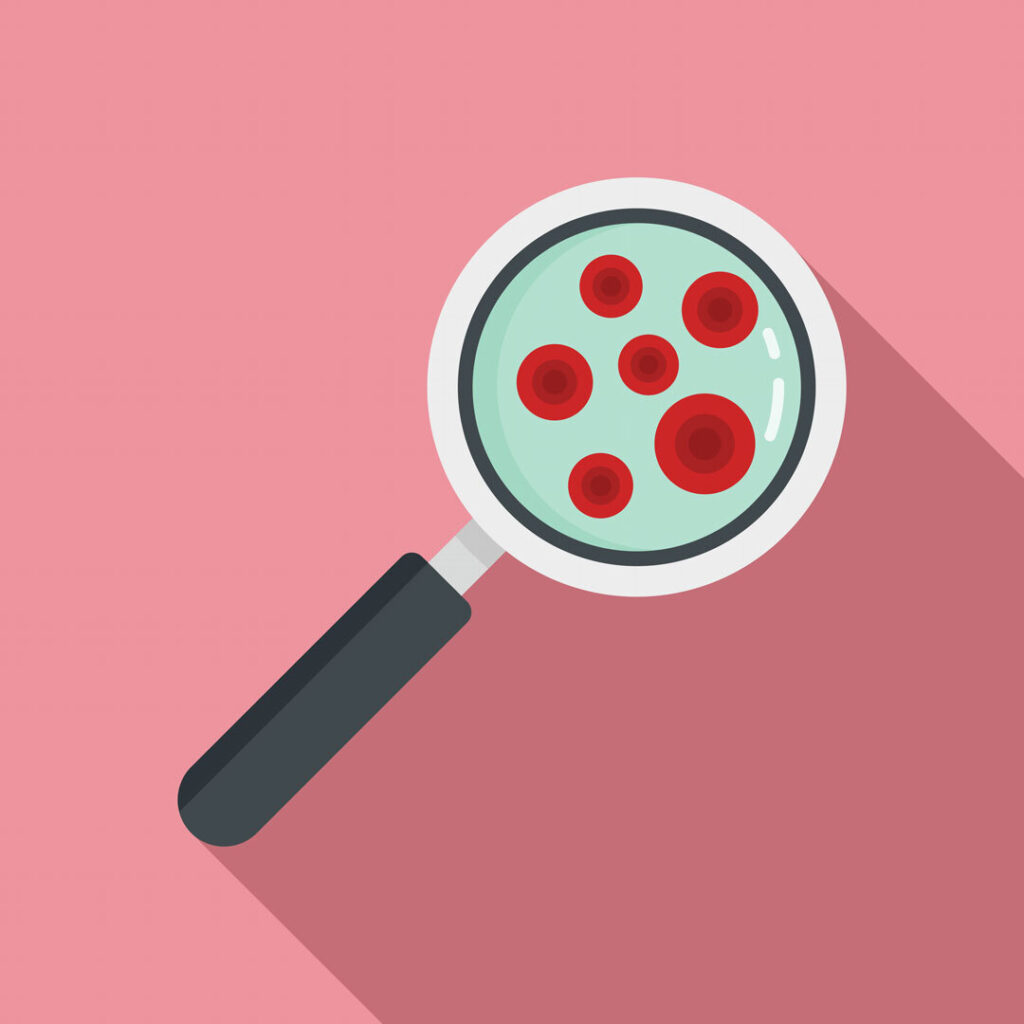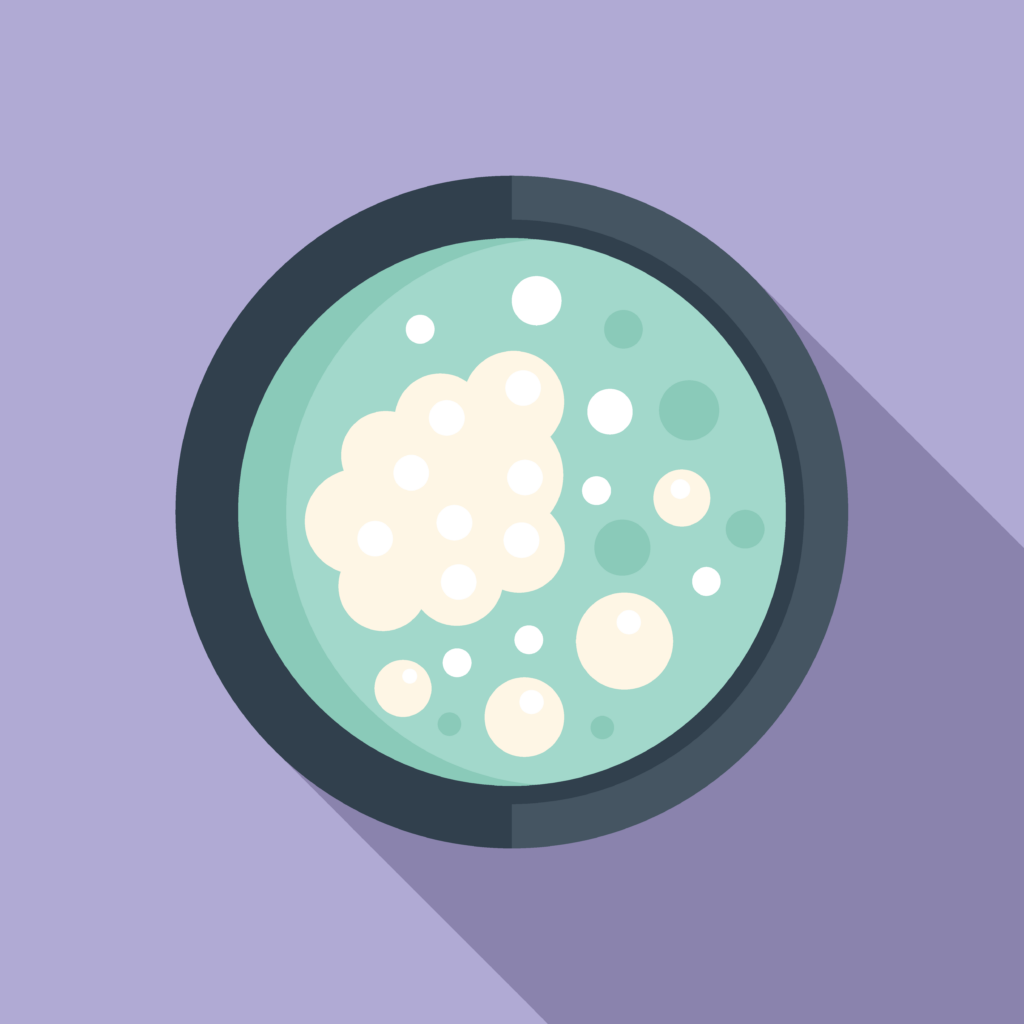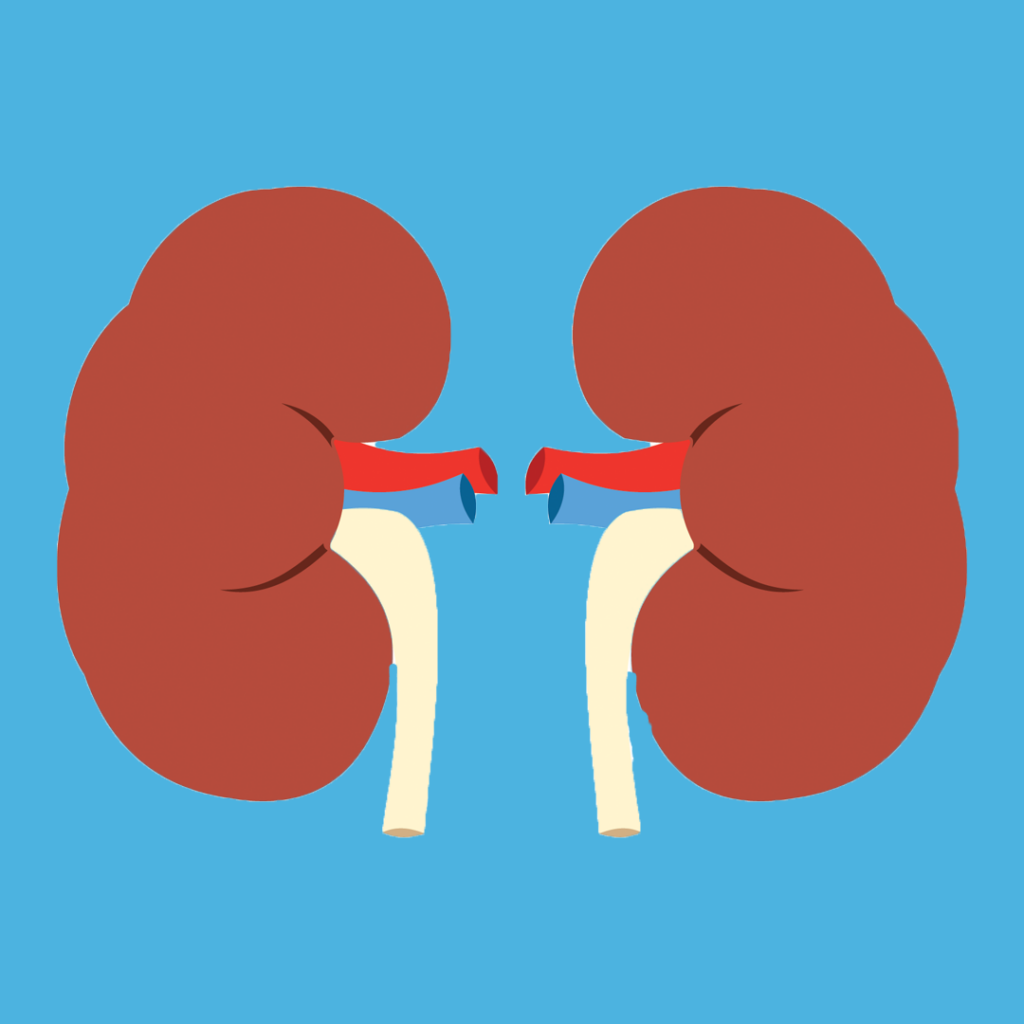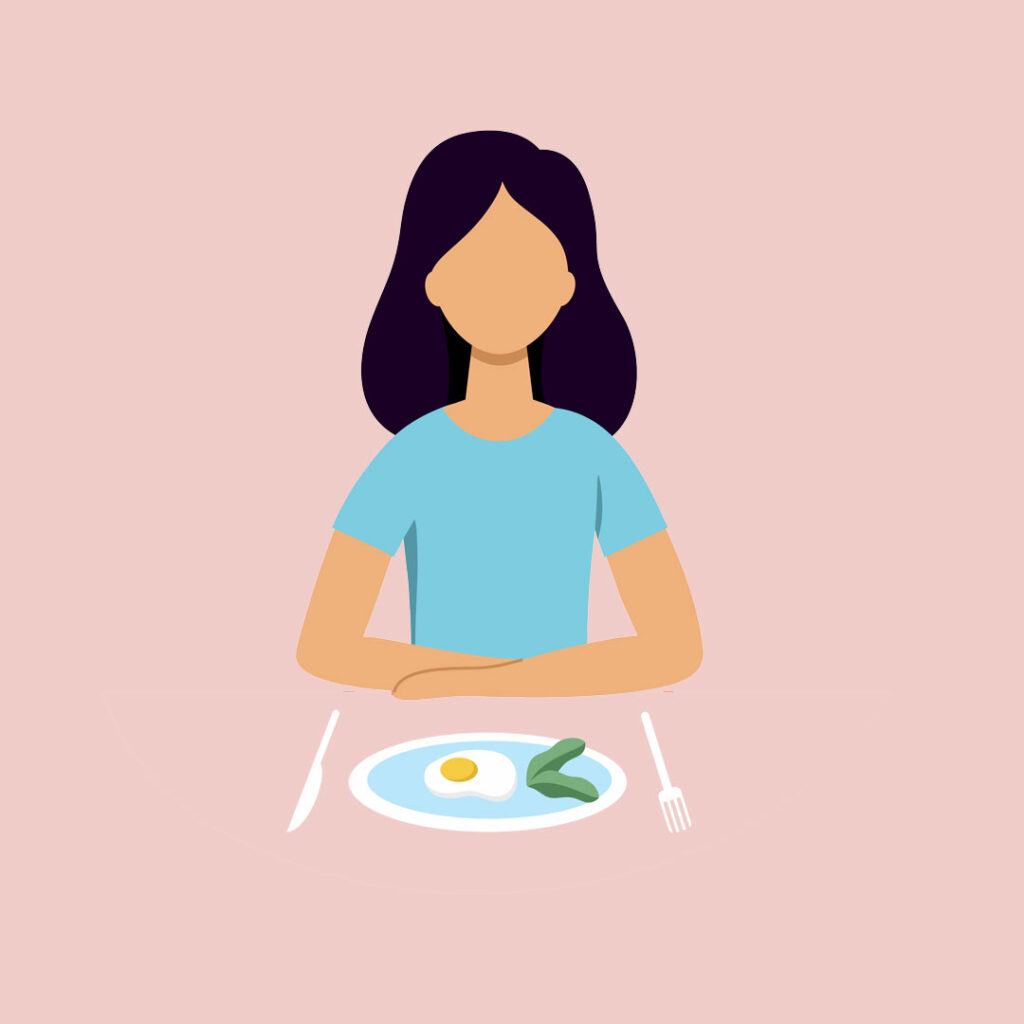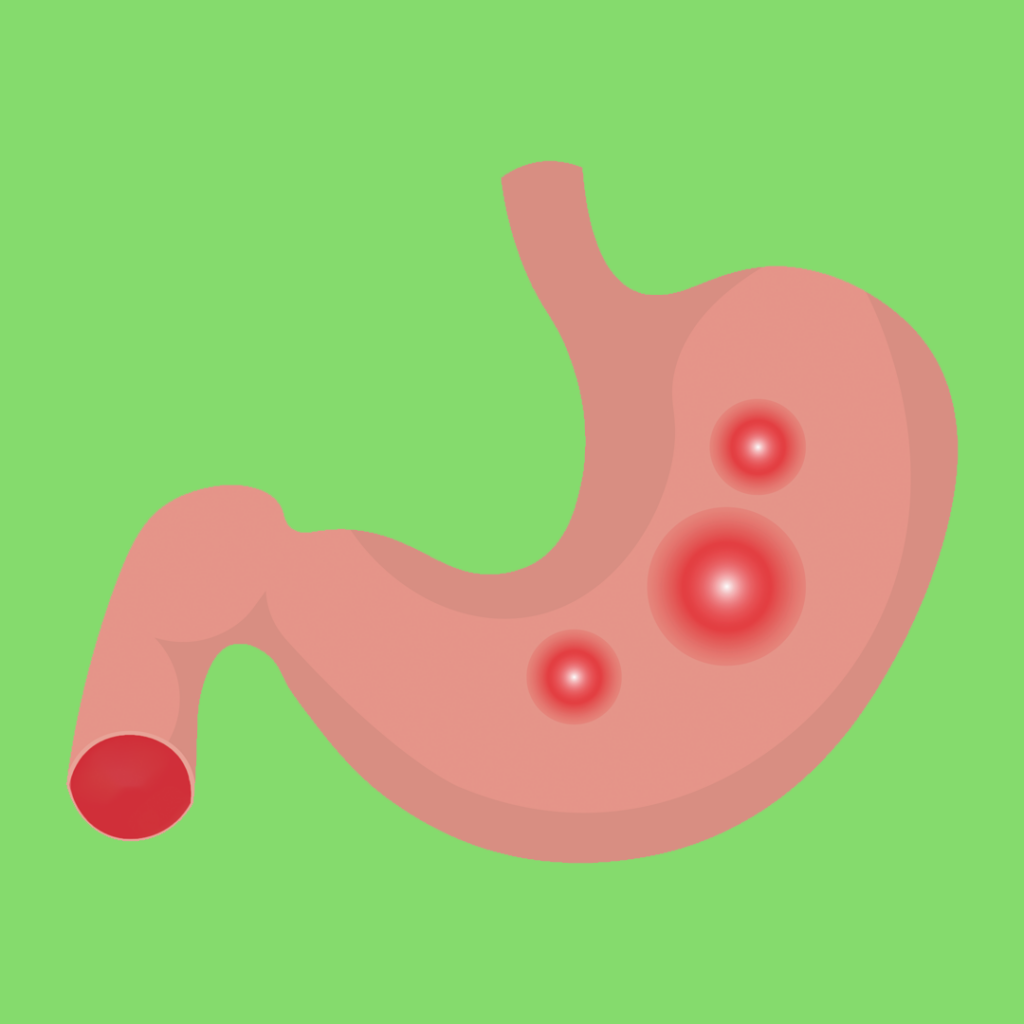Does food give you enough zinc?
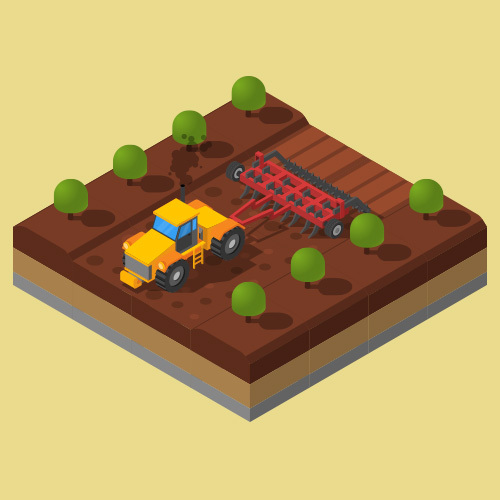
Questions answered in this article:
Healthy people who eat a wide range of zinc-rich foods should be able to get enough zinc through their diet alone. Right?
Unfortunately, modern agricultural practices may be sapping our food of the nutrients we need the most. But, why is this happening and what can we do to make sure we get enough zinc? Let’s dive right in to answer these questions.
Zinc in our foods
According to many researchers, vegetables, fruits, grains and legumes grown decades ago were much richer in vitamins and minerals than varieties available today.
In fact, one report comparing the nutrient composition of various vegetables and fruits showed an alarming loss of minerals and trace elements in these foods over 51 years. Zinc showed a particularly significant loss: a 59% decrease in concentration between 1978 and 1991. And copper showed an even more concerning 76% reduction between 1940 and 1991. And although zinc is mainly found in animal products such as oysters, beef, and eggs, you may not be getting enough zinc even from these sources due to nutrient-depleted soil.
Why is this happening?
Researchers chalk it up to intensive agriculture methods that have increased a large amount over the last 80 years. This includes the excessive use of nitrogen fertilizers, pesticides and herbicides, as well as monocropping (growing a single crop every year on the same land) and a lack of crop diversity. This has led to a loss of microflora and microfauna within the soil, which play a fundamental role in soil fertility and in our food’s nutrient density.
However, the data has not always considered where food was grown, whether it was locally grown or imported, and in what season it was harvested. Also, climate, distribution methods and different stages of ripeness have not been taken into account when comparing data. All of these factors could lead to unreliable information.
The "dilution effect"
More recent analyses of different varieties of the same crops grown side by side do confirm that some modern varieties of vegetables and grains are lower in nutrient value than older varieties. And an approach known as the “dilution effect” may be the culprit.
The dilution effect happens because of agricultural companies using fertilizers that encourage crops to grow faster. They do this to increase how much crop they produce and meet food demands. However, the problem with this approach is that the starch, sugar and water content increases in foods like fruits and vegetables, while important minerals and complex phytochemicals (chemical compounds made by plants that appear to be beneficial for your health) become diluted.
What's the solution?
Aside from low dietary intake of zinc or a vegetarian/vegan diet, research shows that frequent use of antibiotics, as well as gastrointestinal imbalances affecting absorption of zinc, can increase the risk of deficiency.
Some research also suggests that supplementation with iron and folate supplements can significantly decrease the oral bioavailability of zinc in pregnant individuals—which is a real concern when these supplements are commonly taken during pregnancy. Supplementing with a multivitamin rather than singular nutrients, as well as ensuring healthy dietary intake, may be a more effective approach to prevent deficiency.
Some vegetables that are rich in zinc include regular and sweet potatoes, spinach, green beans, and kale. A home garden filled with zinc-rich vegetables is a great way to satisfy your daily zinc requirements. The best part is that these vegetables can be easily grown in your own backyard!
Do I need a zinc supplement?
If you’re worried about getting your daily dose of zinc, you can also take a supplement. According to Health Canada, the recommended daily allowance (RDA) of zinc is 11 mg per day for men and 8 mg per day for women.
More importantly, zinc requirements can differ based on your everyday needs. For instance, infections, stress, trauma and steroid medications can cause your body tissues to use up more zinc. Because zinc is absorbed in the small intestine, conditions such as ulcerative colitis, celiac disease, Crohn’s, short bowel syndrome or frequent diarrhea may also impair your absorption of zinc. And, if you follow a plant-based diet, it may be more difficult to get adequate levels of zinc. In these cases, zinc supplementation is often recommended by healthcare professionals.
Even if you are perfectly healthy, everyday mental stress—tight deadlines, relationships, work pressures—can accumulate and have a negative impact on your health, making zinc supplementation beneficial. And one last thing: zinc has also been shown to be helpful during cold and flu season, as it plays a crucial role in the immune system. For these reasons, you might want to consider a daily zinc supplement in addition to zinc-rich food sources grown locally or in your own backyard.
While we may not be able to prevent nutrient-depleted soils altogether, there are ways we can still get enough zinc and keep our bodies healthy!

